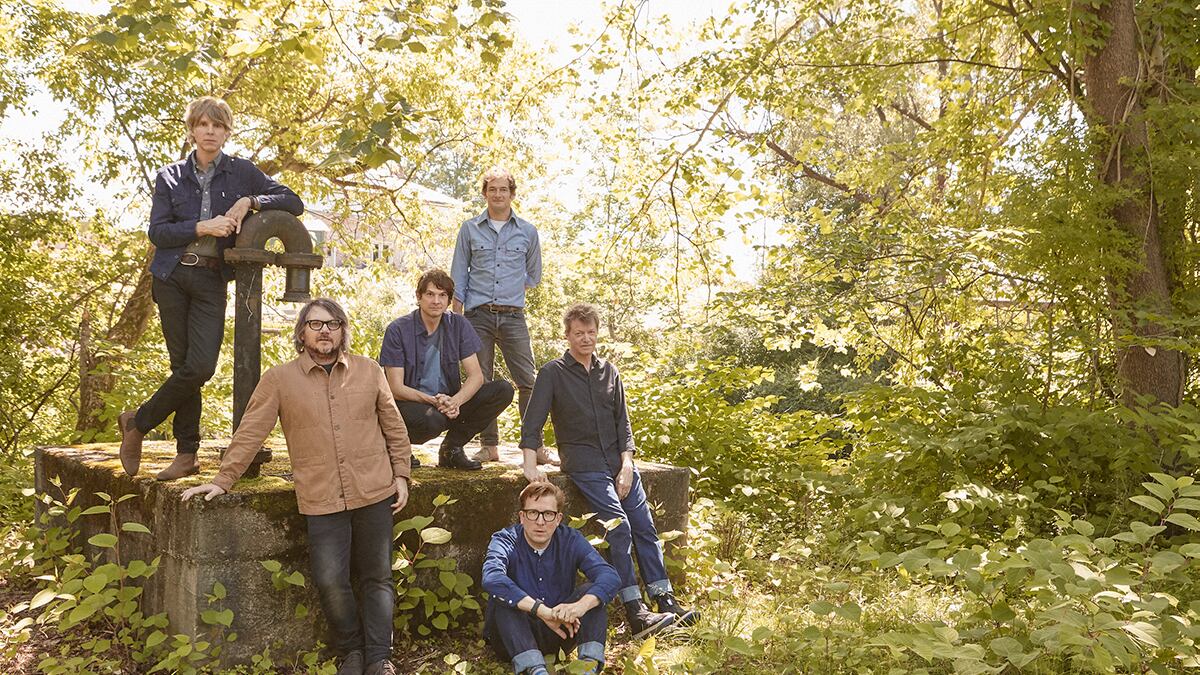On Oct. 5, indie music darlings Wilco opened the second leg of the band’s postponed Ode to Joy tour at Arlene Schnitzer Concert Hall.
So good, you won’t ever know: They played a show, but many seats remained empty as 23% of ticket buyers stayed home.
“Usually we have a very small percentage of no-shows,” says Robyn Williams, executive director of the Portland’5 Centers for the Arts, which operates the Schnitz. “Our [normal] no-show rate is 3, maybe 4, 5 percent. It’s really low.”
So it’s noteworthy that a band with a famously devoted following saw nearly a quarter of paying customers stay home.
Williams thinks people missed the show for a variety of reasons. Starting in August, the Centers for the Arts began requiring attendees to have a negative COVID test or be vaccinated to see performances. Masks were also required.
“It’s weird to wear a mask at a show,” says Katie Hadd, a Portlander who attended the Wilco concert, “but it’s worth it.”
David Leiken, owner of the Roseland Theater, a popular Old Town venue, confirms that, since August, concertgoers have adapted to changes in policy.
“At this point, people know the drill and they’re getting vaccinated,” says Leiken, “or they’re showing up with the right ID on their tests.”
Williams agrees, noting that her venues allowed ticketholders to get refunds after announcing their new COVID policies.
“Our refund rates weren’t horribly high,” says Williams. “Anybody who bought tickets before we had a vaccine or negative test requirement, they were all given windows to exchange their tickets if they wanted to.”
But COVID tests can be difficult to get in Portland, especially on short notice, which Williams speculates may have prevented some fans from seeing Jeff Tweedy and his bandmates.
“We don’t know if we had unvaccinated people that didn’t want to get vaccinated,” says Williams. “People needed a [negative COVID] test and tests are really hard to find.”
But the answer might be simpler: Wilco is dad rock.
Which artist is performing can also dramatically affect attendance as performers have different types of audiences. Wilco formed in 1994, which means, at this point, many fans are also parents.
“This demographic tends to skew toward people with younger kids,” says Williams, speaking of Wilco’s audience. “We wonder if people were afraid to come to the concert because…they worry about [COVID-19] being exposed to kids.”
Leiken posed a similar, if slightly different, theory about the Allman Betts show at the Roseland in early September, which also had low attendance numbers.
“I think that their audience is heavily conservative people from the South,” Leiken says, “and I don’t think they’re vaccinated.”
But people who attended the Wilco concert were comfortable with the COVID precautions put in place.
“They were enforcing mask wearing…and had staff walking around to check,” says Michael Meunier, who attended the Wilco show. “I felt pretty safe with pretty much everyone being masked the whole time.”
Those who did show up were happy to be back at a concert.
“It felt really good to be inside with other people watching live music again,” says Nels Johnson, who donned a mask to see the band. “It was incredibly therapeutic.”
